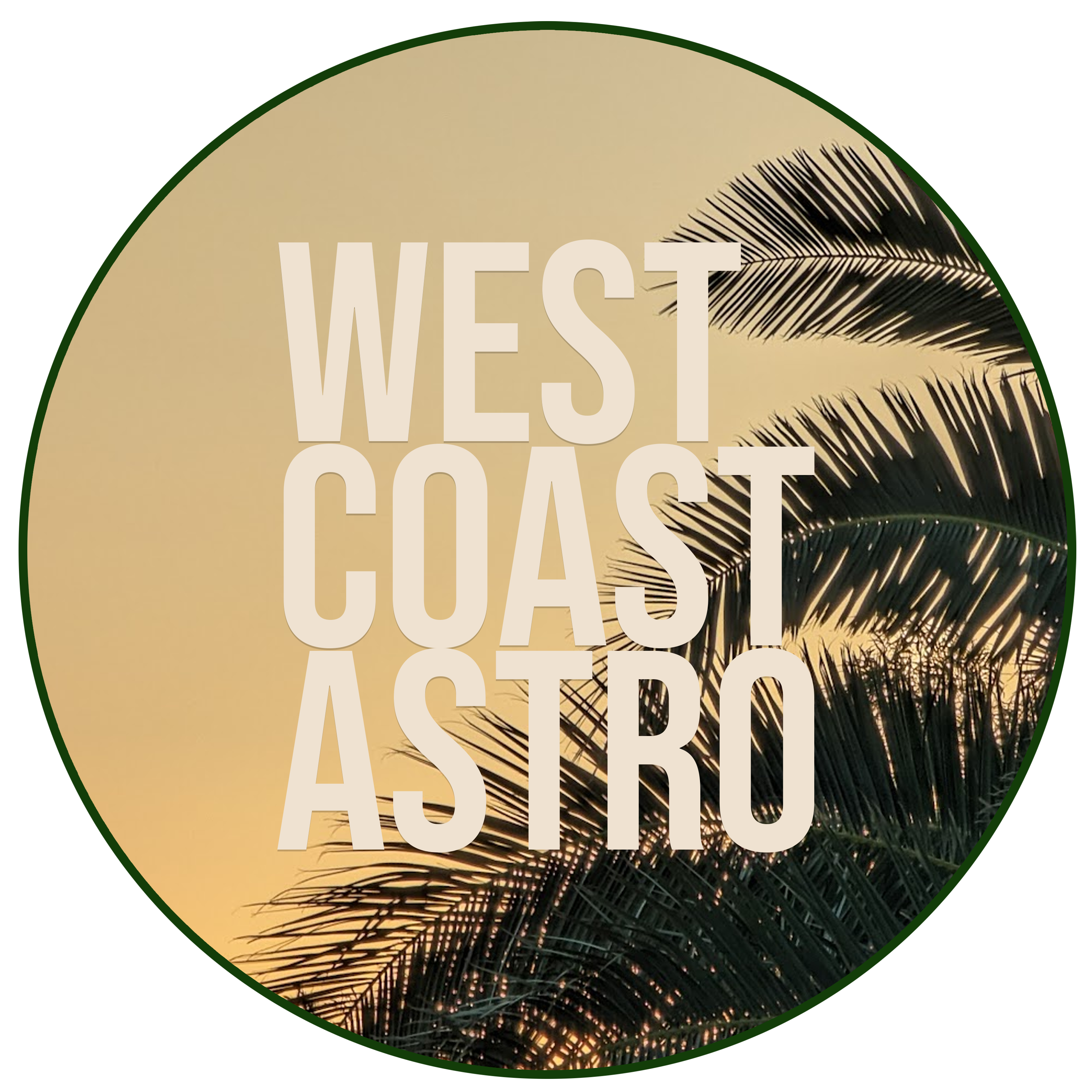
FEBRUARY 2026 (Northern Hemisphere)
| 1 | Full Moon at 22:09 UT. |
| 3 | Moon near Regulus at 4h UT (morning sky). Lunar occultation visible from parts of Northern America and Africa. • Lunar occultation of Regulus (In-the-Sky) |
| 7 | Moon near Spica at 8h UT (morning sky). |
| 9 | Last Quarter Moon at 12:44 UT. |
| 10 | Moon at apogee (farthest from Earth) at 17h UT (distance 404,576km; angular size 29.5′). |
| 11 | Moon near Antares at 5h UT ( morning sky). |
| 17 | Annular Solar Eclipse from 11:43 to 12:41 UT with greatest eclipse at 12:12 UT. Annularity spans a narrow path across Antarctica. Partial eclipse phases visible from southernmost Argentina and Chile, southern Africa, and Antarctica. • Annular Solar Eclipse of 2026 February 17 (GIF) (NASA) • 17 February 2026 Annular Solar Eclipse (Time & Date) • Solar Eclipses: 2021 – 2040 (Mr Eclipse) • NASA Solar Eclipse Page (NASA) |
| 17 | New Moon at 12:02 UT. Start of lunation 1276. |
| 19 | Moon near Mercury at 0h UT (18° from Sun, evening sky). Mag. −0.5. |
| 19 | Mercury at easternmost elongation at 18h UT (18.1° from Sun, evening sky). Mag. −0.4. |
| 19 | Moon near Saturn at 21h UT (30° from Sun, evening sky). Mag. 1.1. |
| 20 | Saturn 0.83° SE of Neptune at 21h UT (29° from Sun, evening sky). Mags. 1.1 and 7.9. |
| 24 | Moon near the Pleiades at 4h UT (evening sky). |
| 24 | First Quarter Moon at 12:28 UT. |
| 24 | Moon at perigee (closest to Earth) at 23:25 UT (distance 370,135km; angular size 32.3′). |
| 25 | Moon at northernmost declination (28.4°) in 2025 at 23h UT. |
| 26 | Moon near M35 Cluster at 10h UT (evening sky). |
| 27 | Moon near Jupiter at 8h UT (evening sky). Mag. −2.5. |
| 27 | Moon near Castor at 16h UT (evening sky). |
| 27 | Moon near Pollux at 22h UT (evening sky). |
| 27 | Mercury 4.5° NNW of Venus at 22h UT (13° from Sun, evening sky). Mags. 1.6 and −3.9. |
| 28 | Moon near Beehive Cluster (M44) at 23h UT (evening sky). |
- US Eastern Standard Time = UT − 5 hours.
- US Pacific Standard Time = UT − 8 hours.
- Australian Eastern Daylight Time = UT + 11 hours
- Singapore Standard Time = UT + 8 hours.
More sky events and links at http://Skymaps.com/skycalendar/
Visit my YouTube Page for captures of many of the Night Sky events for each month.
